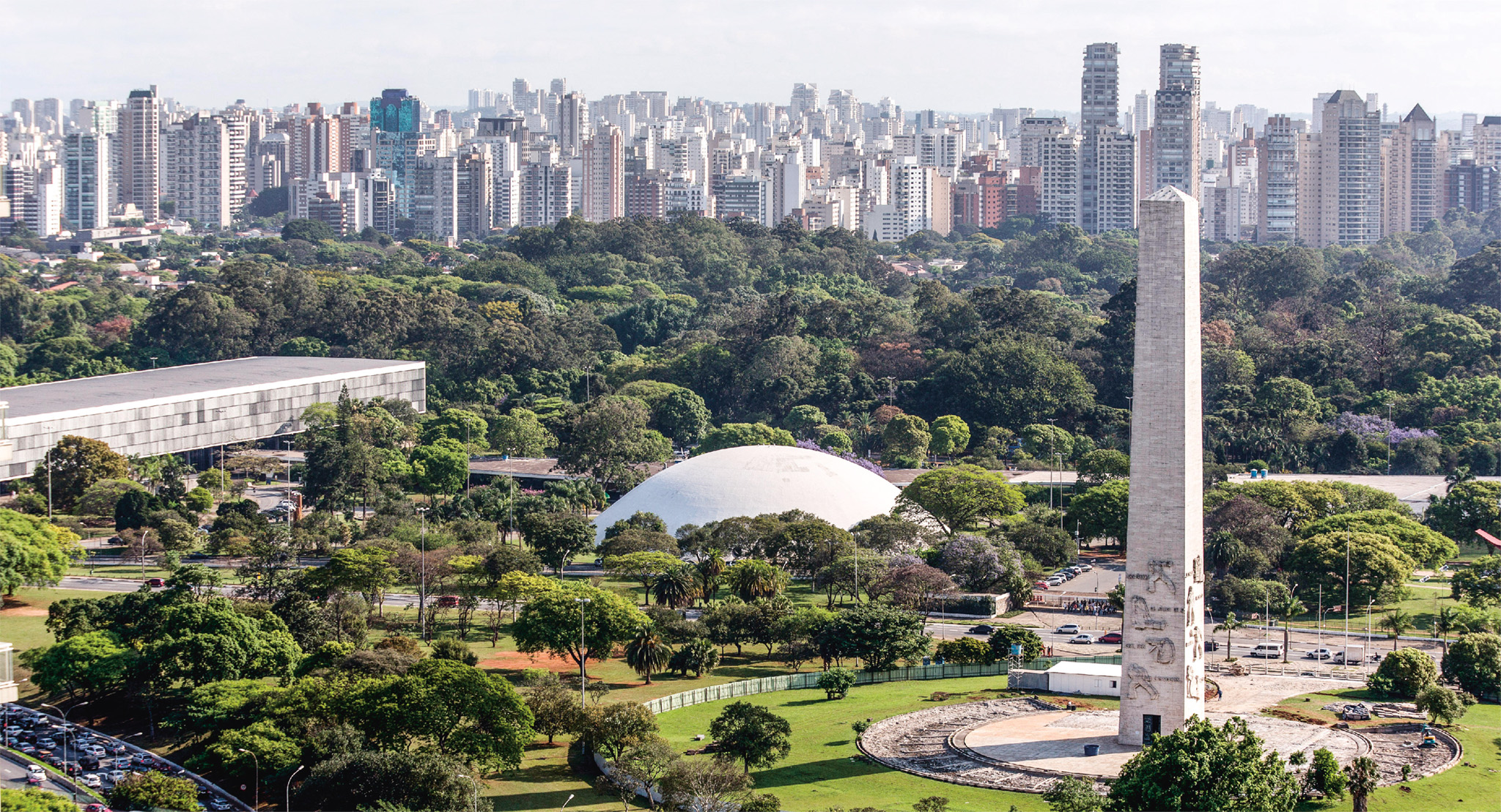
t The domed white roof of the Oca do Ibirapuera
Infused with African, European, Asian, and indigenous history and religion, Brazil is a veritable melting pot of global cultures. From food to festivals and museums to architecture, there’s a whole world of things to celebrate.

t The domed white roof of the Oca do Ibirapuera
Today Brazil is home to more than 300 indigenous groups, together speaking over 150 languages and dialects, and each carrying their own traditions, culture, and history. Learn more about these communities at Rio’s excellent Museu do Indio – don’t miss the garden longhouse. Admire São Paulo’s Oca do Ibirapuera, Oscar Niemeyer’s fascinating homage to Brazilian indigenous architecture, or spend a day with an indigenous community in the Amazon when you visit the Mamirauá Sustainable Development Reserve.
Brazil has the world’s largest Japanese diaspora, and São Paulo is home to the majority of Brazil’s Japanese community. Visit the distinctly Japanese area of Liberdade to sample tasty street food, or to enjoy the gorgeous Hanamatsuri flower festival, hosted there every April. In Parque do Ibirapuera, the serene Pavilhão Japonês offers a welcome break from the bustle of the city.
West African heritage is alive and kicking in Bahia. Sample deliciously spiced street food in Salvador, or visit the Museu Afro-Brasileiro to learn more about Candomblé, a religious mix of African Spiritualism and Portuguese Catholicism. Time your visit to take in the religion’s Festa da Boa Morte, held in Cachoeira in August.
Catholicism is Brazil’s official religion, and Catholic churches are consequently found all over the country. Many of the ornate buildings are worth a visit; head to Oscar Niemeyer’s Catedral Metropolitana Nossa Senhora Aparecida in the capital, or check out Recife’s flashy and gorgeously ornamental Capela Dourada.
The official language of Brazil is Portuguese, but it is different in style, pronounciation, and vocabulary from the version spoken in Portugal. Brazil’s indigenous communities also have over 150 distinct languages and dialects, some of which have influenced Brazilian Portugeuse. This is particularly true of the Tupí language, from which countless words and expressions, including place names, have been added to the nation’s vocabulary.